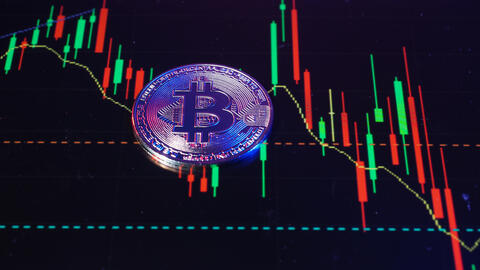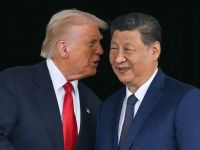The Bank of England (BoE) is expected to impose the first back-to-back interest rate rises since 2004 as an attempt to steer the country's economy through persistent high inflation.
Economists project the central bank to raise its key rate from 0.25% to 0.5% in response to the rampant inflation that soared to a 30-year high in December (5.4%), with financial markets suggesting a 90% chance of an increase in borrowing costs.
The city's economists think that the Bank’s nine-member monetary policy committee (MPC) will vote unanimously for a rise in rates; because it has not only failed to anticipate the pressure mounting on households from soaring energy bills and the rising cost of a weekly shop, but it has also underestimated the strength of the labour market, where job vacancies almost match the number of unemployed people for the first time since consistent records began more than 20 years ago.
According to Steffan Ball, the chief UK economist at Goldman Sachs, the MPC would highly likely to vote 9-0 to increase borrowing costs on Thursday, and could raise interest rates to as high as 1.25% by November this year.
“We now expect the Bank of England to hike in back-to-back meetings through May, in order to demonstrate to markets and businesses that the MPC is serious about the inflation target,” he said.
It's worth noting that in August 2021, the BoE said that if interest rates increased to 0.5%, it “intends to begin to reduce the stock of purchased assets”, a reference to the £895bn of gilts and corporate bonds the BoE has bought since the financial crisis under its quantitative easing programme to stimulate the economy.
This might mean that the MPC might have two votes on Thursday: one on interest rates, and another on asset purchases.








